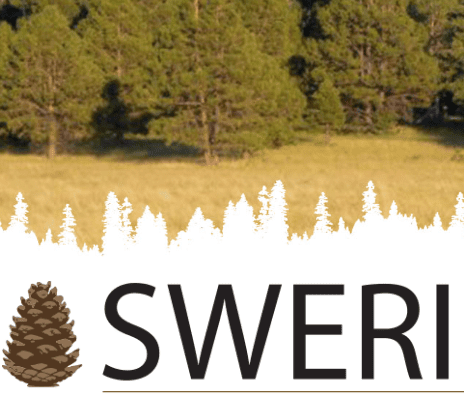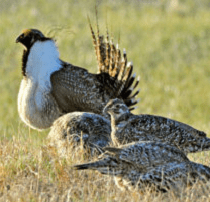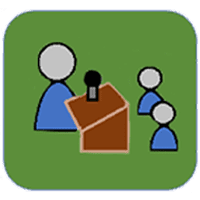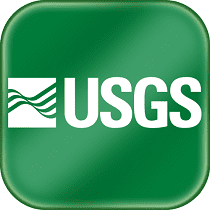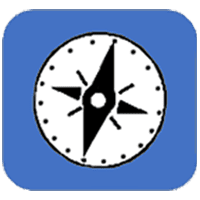Events
Stream and Riparian Geomorphic Sensitivity and Ecological Resilience to Guide Management – Watershed processes, part 1
Webinar recording. This webinar provides a framework for assessing and characterizing the geomorphic sensitivity and ecological resilience of upland watersheds based on their predominant processes and the controls on these processes. The presenters illustrate how understanding the sensitivity, resilience, and process interactions can be used to assess the nature, magnitude, and potential responses of watersheds…
SER Great Basin Chapter – 2023 Annual Meeting (virtual)
Presentation recordings. Description: This meeting is a time to check in with our friends and colleagues to see what’s new and where progress has been made in ecological restoration and information exchange among practitioners, researchers, and the public in the Great Basin. Please plan to join us for a single day virtual meeting. The meeting will…
Stream and Riparian Geomorphic Sensitivity and Ecological Resilience to Guide Management – Meadow hydrology and traits, part 2
Webinar recording. This webinar provides a framework for understanding and characterizing the ecological value and hydrologic support for meadows and for identifying key threats. The presenters illustrate how understanding the present-day status and sensitivity of the meadows can be used to prioritize areas for management and guide management strategies based on the potential for restoration.
Cross-Boundary Landscape Restoration Workshop
Visit workshop website. All-lands forest and fire management in Arizona, Colorado, New Mexico, and surrounding states Share successes and lessons learned on cross-boundary, collaborative efforts to restore and reimagine fire-adapted forest landscapes Co-develop knowledge, recommendations, strategies, and resources for collaborative landscape-scale restoration projects Explore gaps and strategies to empower diverse perspectives, and enhance inclusivity and…
Harnessing genomics to examine local adaptation in sage-grouse
Webinar starts at 11 Pacific/12 Mtn. Join link.
Public experiences and perceptions with wildfire and flooding, A case study of the 2019 Museum fire
Webinar recording. Description: The greater Flagstaff area in northern Arizona has experienced multiple wildfires in recent years that have resulted in post-wildfire flooding. These events galvanized collaborative efforts to reduce hazardous fuels on steep slopes and implement flood mitigation improvements around the city and in the municipal watershed. In this presentation, the 2019 Museum Fire…
SCIENCEx Webinar Series: Planning for forests and rangelands of the future
Webinar recordings. Monday, May 15, SCIENCE x Planning for Forests of the Future: Resources Planning Act - Forest Resources and Disturbance • RPA Overview, presented by Claire O’Dea (recorded session) • Forest Resources, Current and Future, presented by John Coulston • Recent and future trends in disturbances to forests and rangelands across the conterminous U.S.,…
8th International Wildland Fire Conference
Conference website. Better wildland fire governance is needed to protect biodiversity, foster carbon sequestration and healthy forests and assure they are providing goods and services that do not vanish in wildfire smoke. As Chairman and on behalf of the Organizing Committee of the 8th International Wildland Fire Conference we invite you to come to Portugal…
Wildland Fire Trends Tool: A web-based data visualization tool for displaying wildlife trend and patterns in the western US
Webinar join link. Presenter: Douglas J. Shinneman, Research Ecologist, USGS Forest and Rangeland Ecosystem Science Center Description: Accurately assessing recent and historical wildfire activity is critical for numerous agencies who manage fire-prone landscapes. The Wildland Fire Trends Tool (WFTT) is a data visualization and analysis tool that calculates and displays wildfire trends and patterns for…
Utah low-tech wet meadow restoration: Virtual workshop
Workshop recordings. Wet or mesic meadows are rare but disproportionately important ecosystems in Utah. Gully erosion and channel incision are widespread problems reducing natural resiliency and water storage capacity, which is impacting wildlife and working lands. Simple, low-tech restoration methods developed for dry lands of the desert southwest by Bill Zeedyk provide effective tools for…



